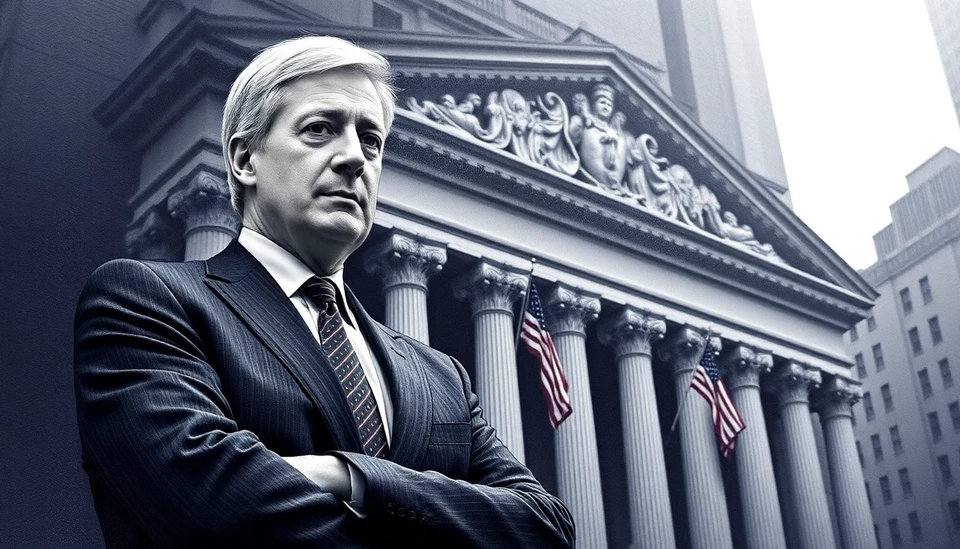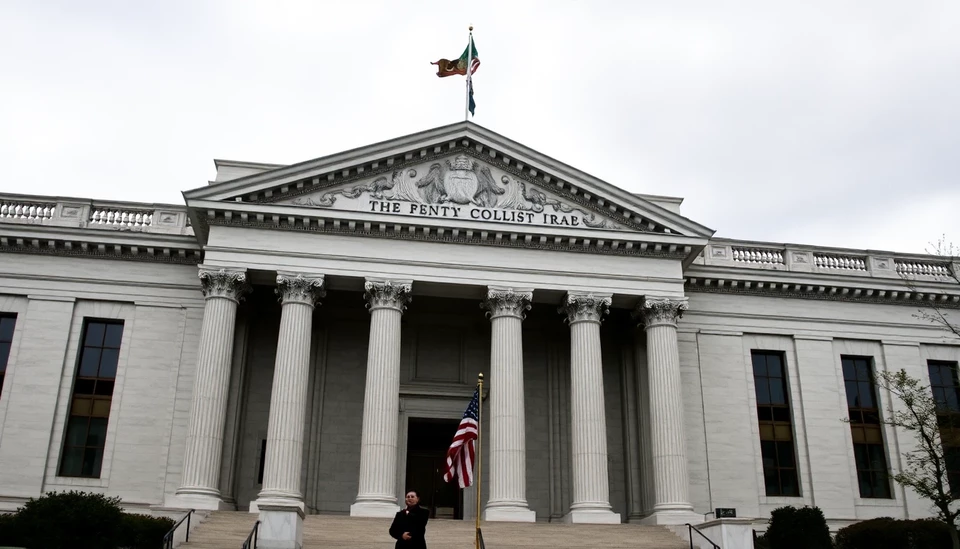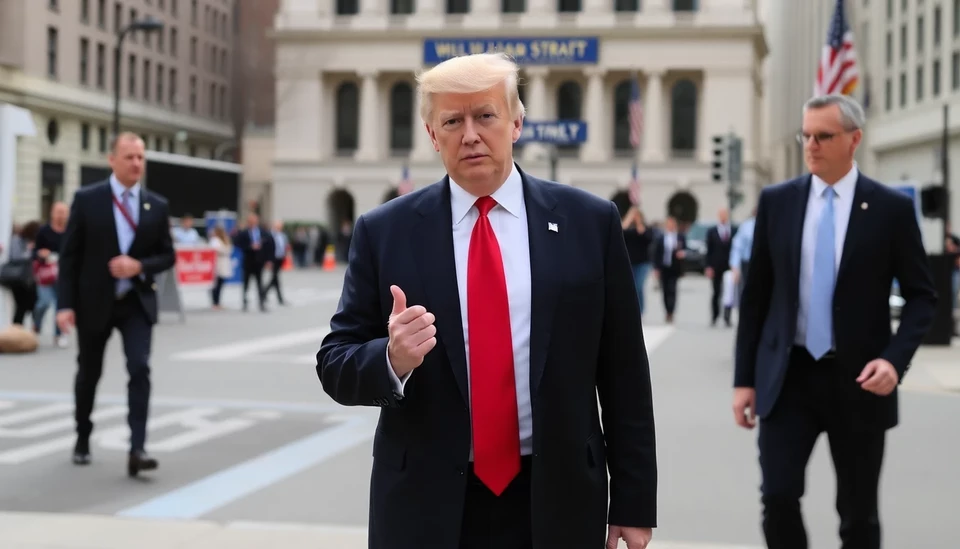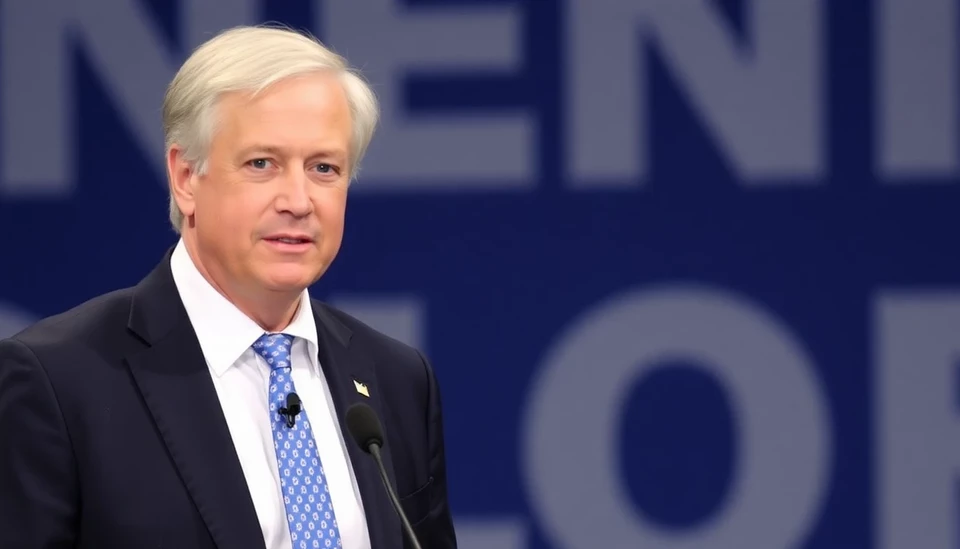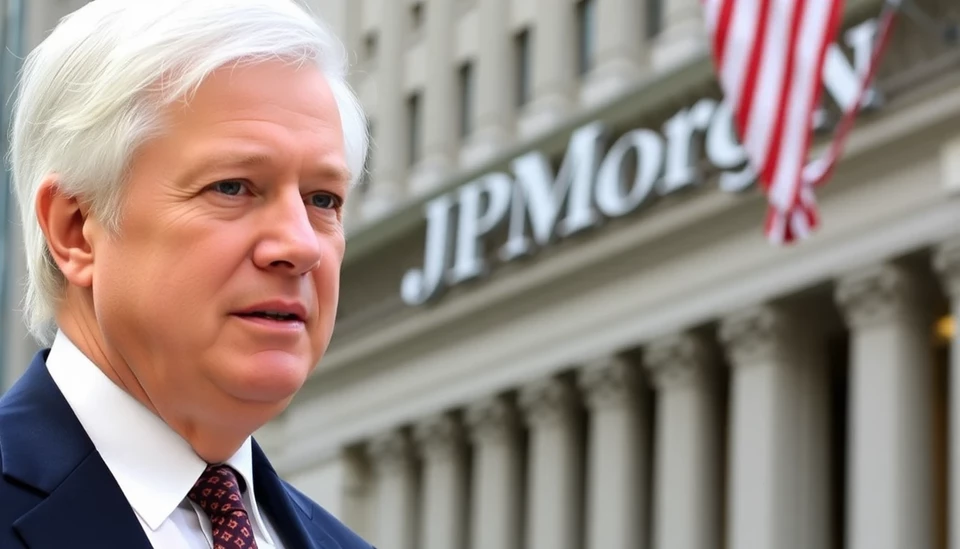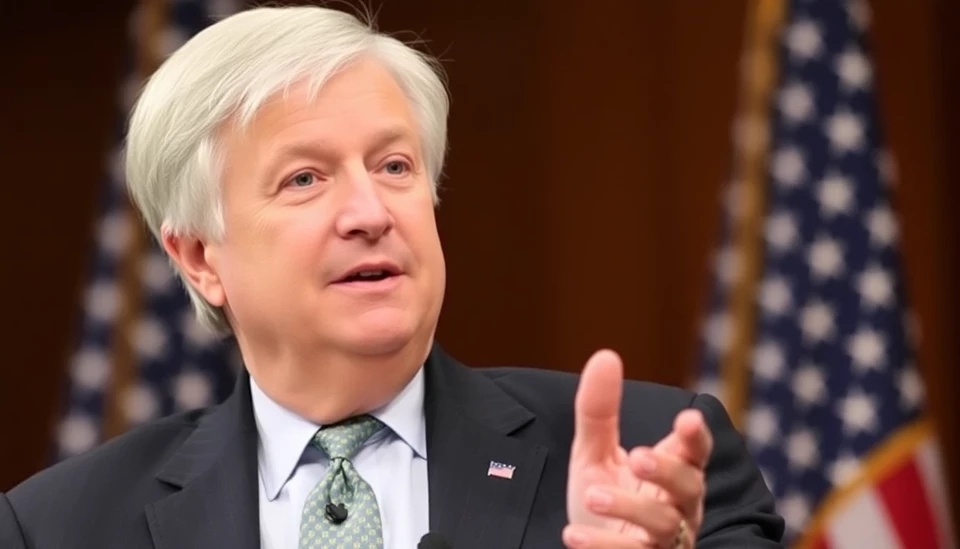
In a bold statement that has sparked considerable debate within the corporate community, JPMorgan Chase CEO Jamie Dimon voiced his strong stance on cutting costs associated with diversity, equity, and inclusion (DEI) initiatives. His comments, made during a recent financial conference, suggest a shift in emphasis that many corporate leaders are closely watching.
Dimon, known for his candid assessments of business strategies, pointed out that the economic landscape is shifting, prompting a reevaluation of expenditures across the board. He stated that even in the absence of political pressures—such as those stemming from the former administration's critique of corporate DEI initiatives—he would still pursue a strategy of reducing what he termed "stupid DEI costs." The implications of his remarks could resonate widely, especially as businesses navigate the complexities of today's economy.
The remarks drew attention not only for their directness but also for the underlying message they convey about corporate values versus fiscal responsibility. Companies have increasingly invested in DEI programs, motivated by not just ethical imperatives but also the potential for increased profitability through more inclusive work environments. However, Dimon's comments suggest a growing concern over whether all such initiatives yield tangible benefits or if some have become excessive.
Dimon's focus reflects a broader trend among some corporate executives who are reassessing the efficacy of diversity initiatives amid rising costs and a tightening economic climate. His perspective may align with a faction of business leaders who argue for a more pragmatic approach to DEI, one that prioritizes measurable outcomes over the symbolic gestures that some programs may represent.
It's also worth noting that Dimon's remarks came at a time when public sentiment regarding corporate spending is under scrutiny. With inflation and economic pressures affecting businesses globally, the financial community is increasingly cautious about how companies allocate their resources. This situation may fuel further discussions on the long-term viability and impact of DEI programs in their present forms.
As the debate surrounding corporate responsibility and the ethical dimension of business continues, Dimon’s comments have opened a dialogue on what constitutes effective DEI strategies and how businesses can strike a balance between social responsibility and fiscal prudence.
In conclusion, Jamie Dimon’s assertion to cut what he perceives as unnecessary costs raises crucial questions that could redefine corporate policies moving forward. As businesses grapple with these themes, it remains to be seen how leadership roles will adapt to address both community responsibilities and the need for financial discipline.
#JamieDimon #DEI #CorporateStrategy #BusinessEthics #EconomicTrends #JPMorganChase
Author: Samuel Brooks
